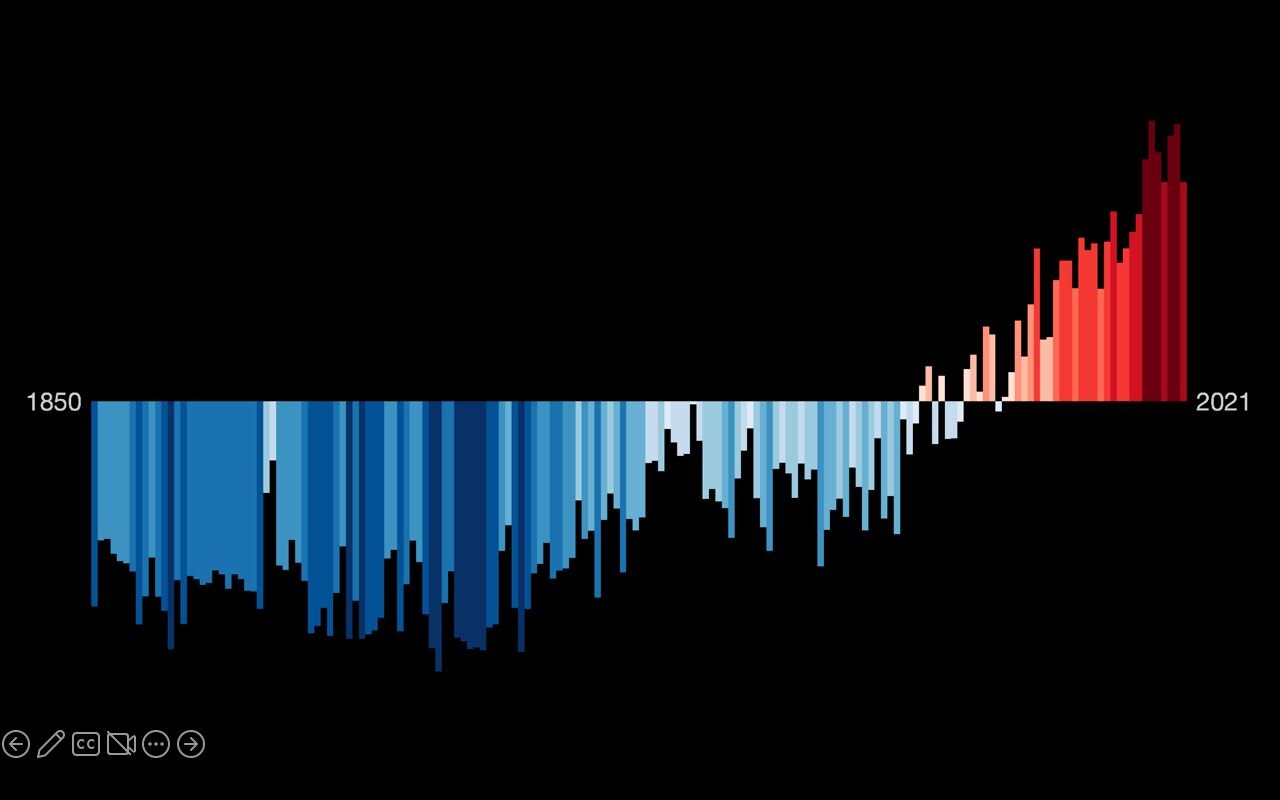
Theory of Change.
Community Climate Action. Our Theory of Change.
We believe that tackling the climate and ecological crisis requires place-based, community-led action that is inclusive, practical, and rooted in local identity. Our theory of change begins with the understanding that individuals and institutions often want to act, but lack the tools, confidence, or coordination to do so effectively. By bringing people together across sectors—residents, schools, sports clubs, businesses, faith groups, and councils—we can build a foundation for sustained, collective climate action.
Our process starts by increasing climate literacy, supporting people to understand the local effects of climate change, including extreme weather and energy vulnerabilities. We run workshops and training programmes that build knowledge and leadership skills within key community institutions, creating a network of trained Community Climate Actionists who can lead change from within their organisations.
-
Our Schools, Faith Groups, Sports Clubs, Town & Parish Councils, Youth Organisations (Girl Guides, Scouts), Farmers, our Nature Groups & others; our Women’s Institute, our Men’s Sheds & our Climate Groups are our communities’ Anchor Institutions. Each with an audience, members or constituents.
-
If there’s one of you, there’s almost certainly others. Find them and form a Sustainability Group.
If your congregation or group is 100 - you need one (and a half) other person. Your Chair, Pastor, Head Teacher or other Leader, will be on your side.
-
Diffusion of Innovation - you are the Innovators. The Early adopters will follow you and the early majority will follow them.
-
You can’t have a million, without one. What you do right now matters.
Through this process, we support communities to map their energy usage, assess vulnerabilities and opportunities, and develop a Community Climate Action Plan that reflects shared values, local needs, and ambitious but achievable goals. These plans are not top-down strategies, but collaboratively created roadmaps that integrate the voices of all generations and sectors, and which link behaviour change with system change.
We then work with communities to identify and deliver practical projects, such as retrofitting community buildings, installing solar panels or heat pumps, and improving local food resilience. These initiatives are often tied to anchor institutions, which serve as trusted community hubs and can model change for others. Our work is designed to ensure that energy reduction and renewable generation are co-owned, financially viable, and benefit the whole community.
Over time, we see increased confidence, connection, and agency among participants. As local groups demonstrate leadership, their work ripples outward—engaging more residents, influencing policy, and inspiring neighbouring communities. Our model aims to become self-sustaining, as savings from energy use and income from community-owned renewables are reinvested into further climate action.
We believe that by combining education, participatory planning, and real-world project delivery, we can unlock the power of communities to respond to the climate crisis — not as passive recipients of policy, but as active agents of transformation. Our theory of change is rooted in the belief that systemic change happens when communities come together with a shared sense of purpose, practical tools, and democratic power.
Find the others. With a mandate for action, you’ll be amazed at what you can achieve.

Innovate & adopt.
You are innovators. At 5% you have a mandate. At 16% you gain momentum & reach a tipping point - as innovators and early adopters you create a following. The early majority will follow you, the late majority will follow them. Don’t waste time on the Laggards (climate deniers).
You are the 5%. Find the others.
How to start a movement.
You can’t have a million, without one. What you do right now matters.


